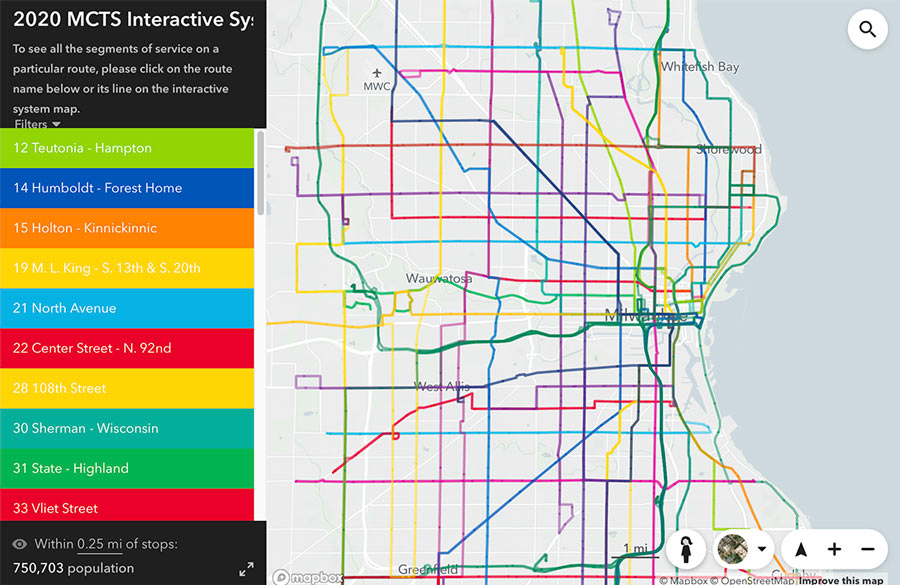

The experimental results in (Liu et al., Citation2019) show that MCTS outperforms well-known heuristic algorithms for workflow scheduling, including HEFT, PEFT and CPOP (Topcuoglu et al., Citation2002). The proposed approach leverages the idea of branch-and-bound and is called MCTS-BB (Liu et al., Citation2019). In addition to applying the traditional MCTS method, they also developed a pruning algorithm to reduce the search space in MCTS for improving search efficiency and effectiveness. Recently, MCTS was applied to solve the workflow scheduling problem in (Liu et al., Citation2019). However, some previous research works have tried to apply it to solve specific optimization problems, such as production management (Chaslot et al., Citation2006), and found that it has the potential to outperform commonly used heuristic-based algorithms. Traditionally, MCTS was usually used in computer programs playing turn-based-strategy games, such as Go, chess, shogi, and poker. Monte Carlo Tree Search (MCTS) (Browne et al., Citation2012) is one of the most well-known advanced search methods, which has shown great performance in several applications domains (Chaslot et al., Citation2006). However, the recent development of advanced search methods has made search-based approaches a potentially promising direction for workflow scheduling. Search based approaches were less considered in the previous workflow scheduling studies because of the search space explosion problem, especially when dealing with large scale workflows and parallel computing platforms. genetic algorithm (Srinivas & Patnaik, Citation1994) and other evolutionary algorithms. Another well-known category of workflow scheduling approaches is based on meta-heuristic methods (Keshanchi et al., Citation2017 Xu et al., Citation2014), e.g. Most of them are heuristic-based algorithms like HEFT (Topcuoglu et al., Citation2002), PEFT (Arabnejad & Barbosa, Citation2014), and IPPTS (Djigal et al., Citation2021). There are a lot of methods proposed to resolve the challenging NP-complete workflow scheduling problem in the literature. To improve computational performance, workflow scheduling (Topcuoglu et al., Citation2002) has become an important research topic on modern parallel processing platforms, including various high-performance computing platforms and cloud computing environments. As the computational structure of modern scientific and engineering applications grows ever more complex and large-scale, workflow computing has become an inevitable parallel processing model.


 0 kommentar(er)
0 kommentar(er)
